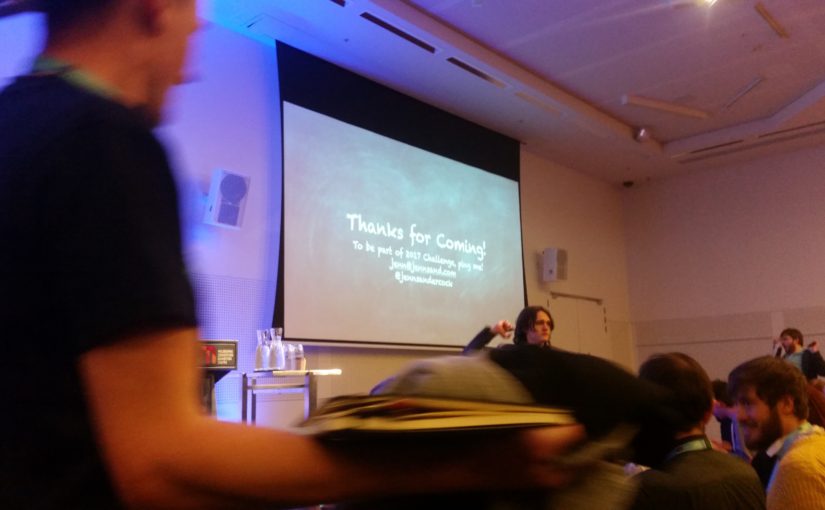Not a lot of progress to report, on account of Melbourne International Games Week, which was both exhausting and amazing.
Games Connect Asia Pacific was rough going, featuring a lot of stuff that I was just plain out-of-practice with, but the sessions were great, I met a few people, and was able to talk more about my game and about theirs. Pretty awesome!
Pretty much everything about it inspired me, and made me want to be able to immediately resume work on Argus and SNAFU. I mostly held off until the weekend, though, because I had no energy at all left-over for actual game-development, until I’d recovered a bit.
Once I did, I immediately got back into the swing of things, by implementing a framework for adding sound-effects for widget-events (mouse-over, click, show/hide, etc), and cleaning up/optimising a swag of older code.
The widget-sfx framework works, but I’m a little bit concerned by a delay in the process. If you mouse over a widget, for example, there’s a noticeable lag before the placeholder sound-effect.
The sound-effect playback itself seems to be relatively instantaneous once triggered, so that doesn’t seem to be the issue here. Either I’m taking too long to identify the widget (maybe), or it boils down to a delay in the propagation of mouse-motion events. I’ll look into it some more, but the latter seems like a real possibility.
Propagation delays would lead to a lag between the game’s idea of where the cursor is, and where the Operating System is painting it at a given instant. If that’s the case, I can see why some apps paint their own cursors. There’s also the possibility that there’s simply a delay in waiting for a hardware audio buffer to cycle, somewhere down in the mixer.
In any case, the framework is there, and it just needs a little work to investigate and improve the overall feel of it. That little extra bit of feedback will help make the whole thing feel more polished and solid.
I’ve had a chance to clean up hundreds of lines of old code, and found a way to improve the speed of some dynamic textual alterations for partially-templatised scenes, by burning a few hundred extra bytes on some internal caching.
This coming week will be back to things in earnest. We’re going to lay out key character information (maybe make a “crazy wall” from it) and start hashing out more story-arcs, so I can better assess how some of the more complicated scene-scheduling requirements will need to be implemented in Argus’ narrator.
Or I’ll get horribly distracted by some cool thing that crops up during all of this and burn the week working on that. We’ll just have to see!
